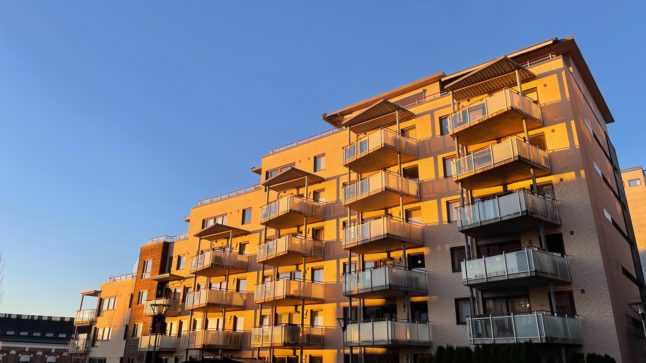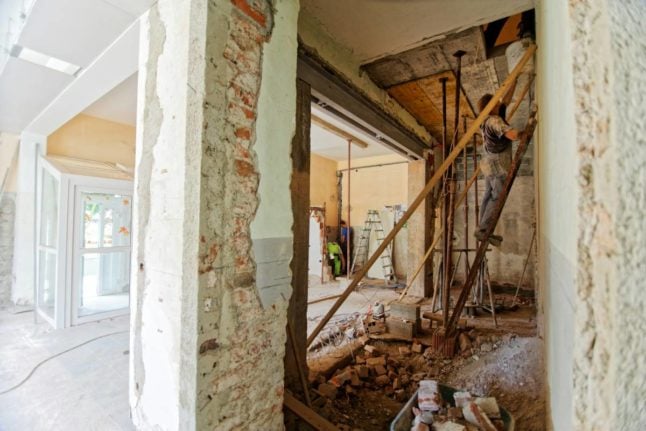What is a borettslag?
A borettslag is a Norwegian housing association with a cooperative ownership structure. A borettslag typically consists of a series of apartment blocks but can also include terraced houses and detached homes.
Housing associations are their own legal entity rather than a type of home. A housing association is a legal entity in a similar way a limited company is a legal entity. The association will have operating costs, debts and shareholders.
Those in these housing associations don’t directly own their homes. Even when a property in the association is “sold”, the cooperative still owns the property. Instead, the owner indirectly owns the property as they become a shareholder of the association when they buy into an association.
You have the exclusive right to your home by being a shareholder. This essentially means that only you can live and do what you wish (depending on the rules, more on that later) with the property, even if the association owns the specific house or property you “bought” when you become a shareholder.
As a shareholder, you can also have the first refusal on any homes for sale in the association.
They come with rules
Buying into a housing association comes with other perks, such as using the common areas. In parts of Oslo, many blocks have large communal gardens for residents, for example.
When buying into a housing association, you must follow the association’s rules. For example, there usually are rules on when you can have work done to your house, noise limits and when you will need to vacate the gardens at night. You’ll generally get the rundown on all these when you buy or rent a property in the association.
If you plan on letting your property out, then there may also be restrictions on how long you can rent it out for, or needing to have lived in the property for a set amount of time first.
They also come with fees
Okay, we aren’t really selling the concept to you by leading with the rules and fees. When you buy into a housing association, you are expected to pay several fees. These range from having the floors in communal areas cleaned to municipal fees, insurance and porter fees. These are referred to as felleskostnader (shared costs).
If you are renting in a housing association, the owner is supposed to include any of these joint costs in the overall rent and not add them separately.
Some buildings will also come with a common shared debt. This includes the original building costs and any upgrades or repairs, such as solar panels or new roofing. Payments on the shared debt are included in the common and shared costs. If you’re a shareholder in an association (i.e. bought into one), you can pay down your bit of the joint debt faster to lower the overall monthly costs.
Trine Dahl-Pettersen, real estate agent at Eindom 1, previously told The Local that looking into a housing association’s finances is key when buying in Norway.
“For instance, if they (the association) are planning to replace the roof of the block the next year, you will read about it in the sales documents. It is important to consider whether you can afford a property also after potential add-ons,” she said.
READ ALSO: Key mistakes to avoid when bidding on a house in Norway
There is one notable discount
When you buy a share in a housing association, you, from a legal standpoint, aren’t buying real estate as there isn’t a transfer of land or property. This means that you do not need to pay stamp duty, or dokumentavgift, on the property.
Stamp duty is 2.5 percent of the property’s value at the time of the sale going through. This means that with a four million kroner housing association share, you’ll save 100,000 kroner on stamp duty.
Is buying and selling in a housing association complicated?
Despite all the rules, fees and nuisance listed above, buying into and selling out of housing associations in Norway is pretty much the same as a freehold property.
The main thing when buying is to check through the association’s finances. These will be featured prominently in the sales documents. You will also need to ensure that you can afford the shared costs and debts and the final sale price.
Selling is even more straightforward, it’s pretty much the same as selling a freehold property in Norway.



 Please whitelist us to continue reading.
Please whitelist us to continue reading.
Member comments